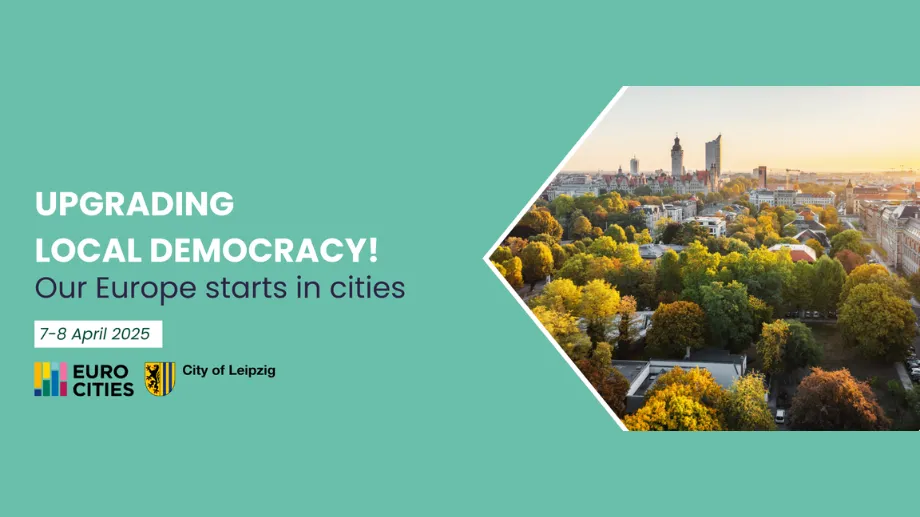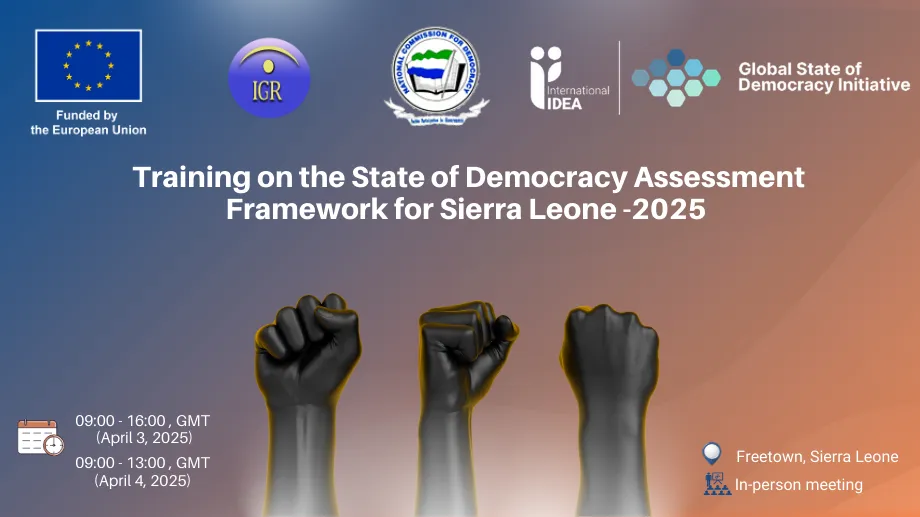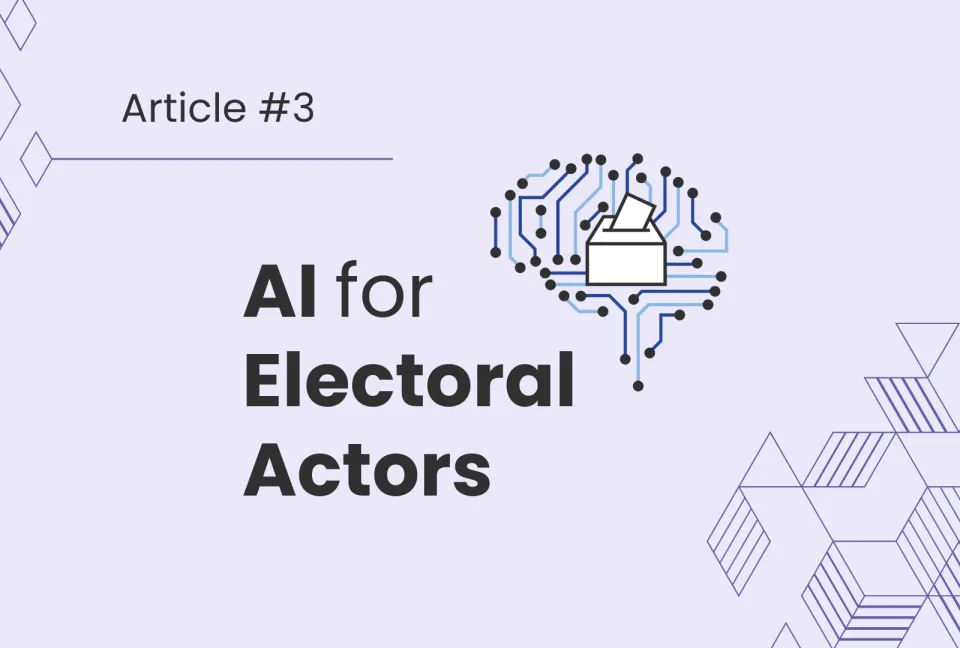Kenya programme deepens work in campaign financing governance
The Constitution of Kenya (2010) includes a strong Bill of Rights, which extensively covers political freedoms as well as socio-economic and cultural rights. In addition, the enactment of legislation, rules and procedures to operationalize the constitutional principles and to obliterate distortions and barriers to full enjoyment of these rights continues. International IDEA supports these processes mainly through knowledge sharing and enabling reflective interactions among public and civil society organizations. Since 2009, the organization has worked with the Independent Electoral and Boundaries Commission, the Office of the Registrar of Political Parties, and other partners on legislation and capacity development for elections management, political party strengthening, and election and campaign finance regulation.
Money has the twin potential to facilitate and distort processes of public choice. Campaign expenditure in the 2007 general elections totaled an estimated KES 5.6 billion (EUR 616 million/USD 887 million), approximately KES 500 million of which is thought to have come from state resources. The decisive step by the Kenyan public and leadership to regulate elections and campaign financing was in response to the potential dangers of money-driven politics. The provisions of the Political Parties Act of 2011 were insufficient to reign in excessive campaign spending that would undermine the chances of candidates with less money to get elected to various positions. The 2013 general elections were the first in which six positions were contested. Public discourse began to attach cost estimates to each of the six positions, suggesting that those who could not raise the estimated amounts had no business running. At the same time, the emerging centrality of money in electoral contests began to drive voter apathy.
The first phase of International IDEA’s programme to support political and electoral processes in Kenya, funded by the Swedish embassy in Nairobi, supported the development of the Elections and Campaign Financing Act of 2013. This law aims to improve the general governance of funding for election campaigns by controlling the use of funds in party nominations and promoting accountability over the financing of election and referenda campaigns.
It is not a perfect piece of legislation, but certainly a good starting point.
The current phase of this programme is focused on deepening this work by facilitating consultations and funding comparative studies, which are intended to lead to the development of regulations and guidelines for the implementation of the act. This work is now anchored on a strong institutional base comprising new programme management staff based in the country. These are early steps towards deepening programmatic engagements in Kenya and Eastern Africa. We recognize the importance of maintaining good relations with current partners while developing new partnerships, especially with relevant agencies of the Kenyan Government, in order to sustain the growth momentum.




